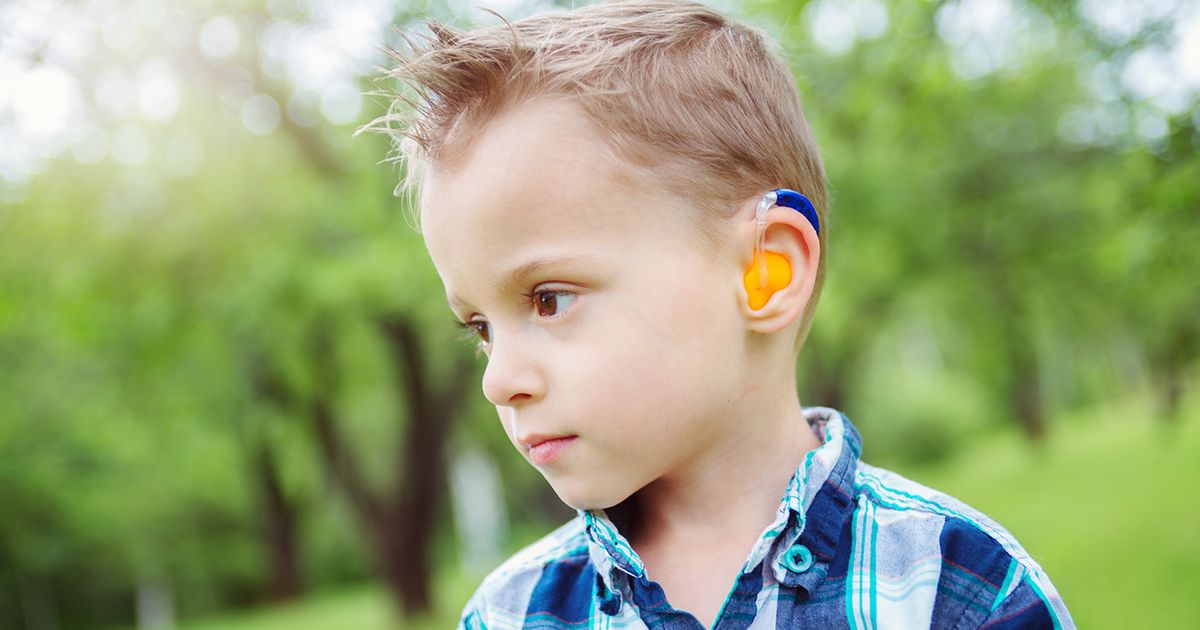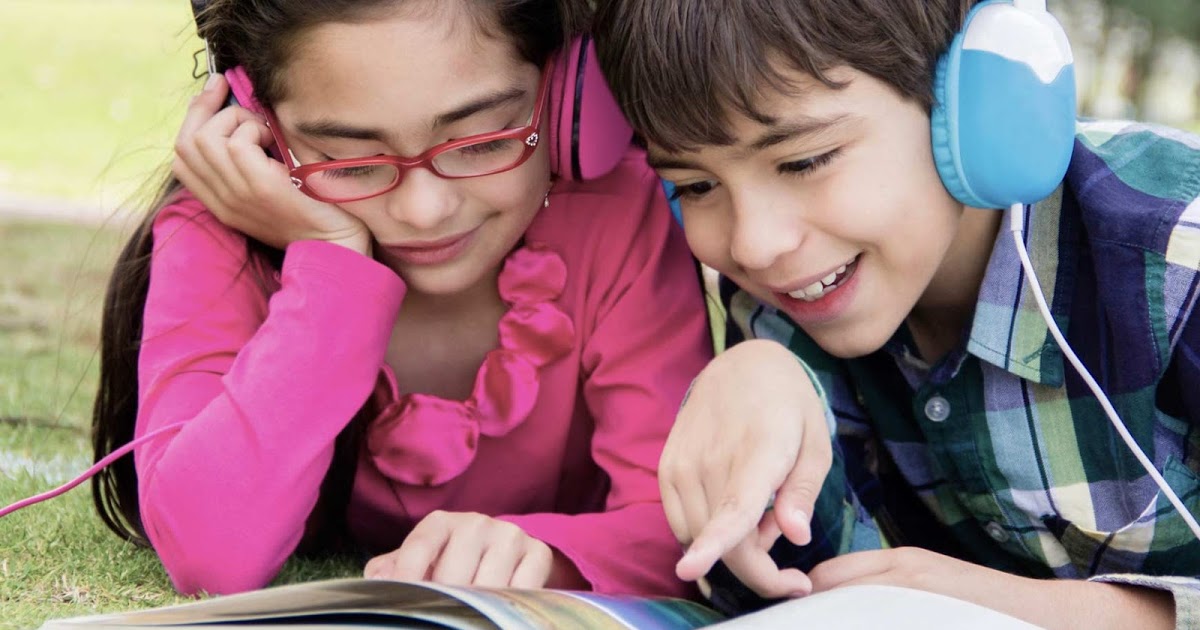Different Ways To Treat Usher Syndrome
Usher syndrome is an incredibly rare inherited disease. When a child is born with this condition, they are either completely deaf or hard of hearing. Vision loss follows, usually occurring sometime during adolescence. Usher syndrome is divided into three different types, known simply as 1, 2, and 3. Factors such as the degree of hearing loss, when vision loss occurs, and to what degree balance is affected determine which type a patient is diagnosed with. This condition affects approximately four out of every 100,000 babies born in the United States. In fact, even when both parents carry the gene that causes Usher syndrome, the baby will only have a one in four (twenty-five percent) chance of developing the disease. Learn about how this condition can be treated effectively now.
Hearing Aids

There is currently no cure for Usher syndrome, so treatment revolves around helping the child enjoy life as normally as they can. Hearing aids can be very beneficial, especially for those with Type 2 of Usher syndrome. Binaural devices, which are worn in both ears and communicate with each other via radio signals, can be particularly helpful. Using them as soon as possible can help the patient preserve their hearing. Another reason it is important to start the use of these devices early on is they can help prevent social isolation and help the child integrate themselves in with their peers better. Often, those with Usher syndrome Type 3 do not experience any hearing loss until later, but they can benefit from hearing aids when they do. Unfortunately, those with Usher syndrome Type 1 are usually born completely deaf. As a result, this treatment option will not benefit them.
Continue reading to discover the next strategy for treating Usher syndrome.
Assistive Listening Devices

Assistive listening devices, also known as assistive listening systems, are advanced pieces of technology that can help patients with hearing loss. They are little amplifiers with the ability to separate different types of sound. This is important because assistive listening devices can help someone hear things they want, like someone speaking to them, while reducing the volume of background noise. Assistive listening devices use either infrared, FM, or inductive loop to achieve this. With a well made assistive listening device, the volume can be raised to a level that works for the patient with Usher syndrome without making it too loud for everyone else. Assistive listening devices can be useful for individuals with all degrees of hearing loss.
Unveil the next tip for treating Usher syndrome now.
Mobility Training

Mobility training is essential for individuals with Usher syndrome because it allows them to get around unassisted. Since vision loss is almost always gradual, it is important for this training to begin before it is technically needed. Successfully mastering this type of training can allow patients with Usher syndrome to live more independently. Mobility training involves mastering many skills, like getting around in a variety of environments and well as using public transportation. It focuses on minimizing risks as much as possible when traveling and can include communication skills so the individual can get help when needed. There are professionals available to assist with this type of training.
Learn more about treating Usher syndrome now.
Braille Instruction

Braille is a written language designed for the blind. It uses bumps in certain patterns to allow individuals to read with their fingers. As technology has advanced, refreshable computer screens have been developed to work with Braille as well. Mastering Braille instruction can be an important step towards independence for someone with Usher syndrome. It can also allow the individual to be successful at school, and later on, work. This is another skill best learned while the level of vision impairment is relatively low. For some patients, telecommunication devices are a preferable way to communicate when both hearing and vision loss is severe. Proficiency in Braille is essential for these devices to work.
Keep reading for more information on treating Usher syndrome effectively now.
Vitamin A Palmitate

Vitamin A palmitate has been carefully researched in relation to how it affects retinal degeneration. The results are promising when it comes to those with Usher syndrome Type 2. While taking high doses does not completely stop the degeneration, a major six-year study showed it slowed it down by twenty percent annually. This can translate to many more years of useful vision for those with Usher syndrome. In the study, patients took 15,000 IU palmitate in the form of Vitamin A supplements. Their dietary consumption of the vitamin was assumed to be around 3,000 IU. Anyone wanting to take Vitamin A palmitate as a treatment should do so cautiously, however. A daily dose of over 25,000 IU has been shown to be toxic and can cause significant liver damage.
